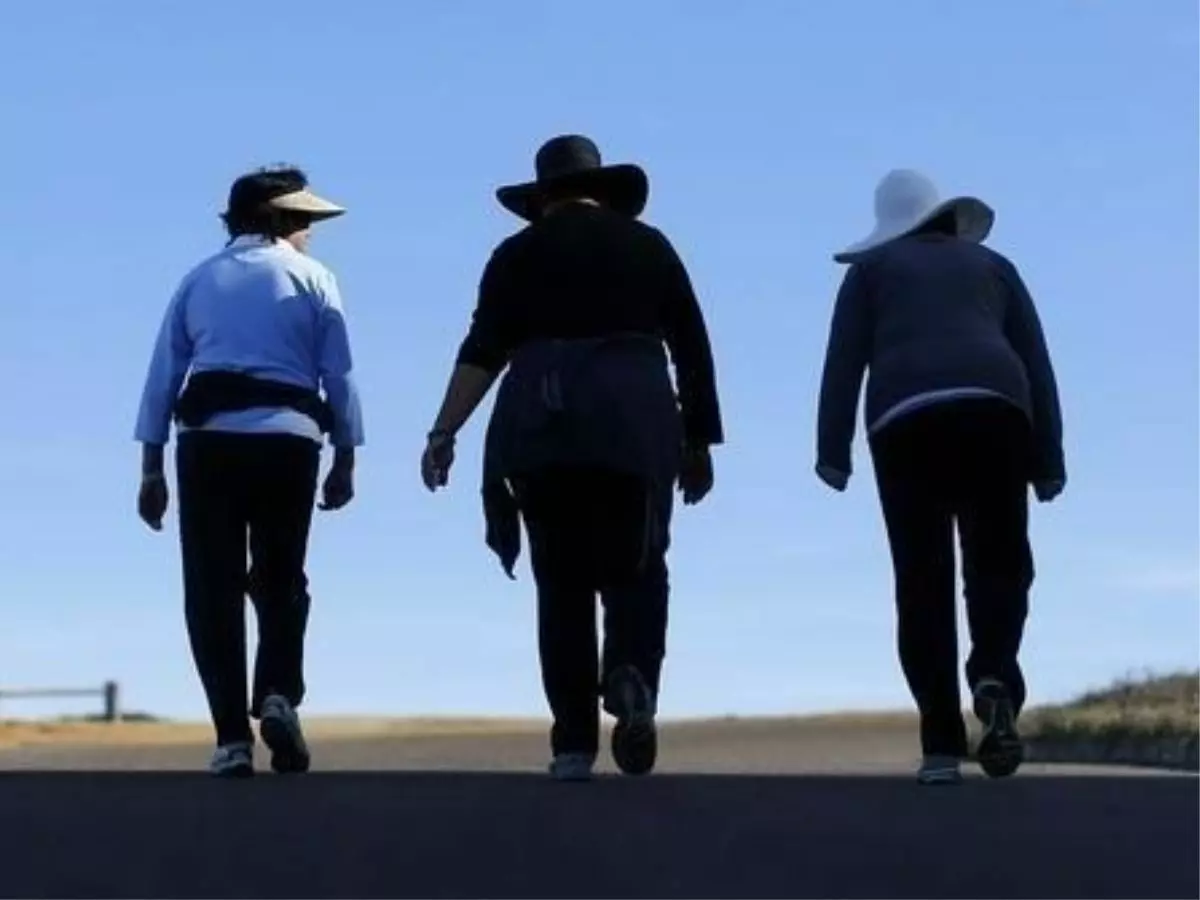If You Are A Slow Walker, You Are More Likely To Get Sick Or Develop Alzheimer's As Grow Old
If you¡¯re approaching the big ¡°five oh¡± you probably already have plenty of other insecurities and health issues to deal with.. But if you¡¯re a naturally slow walker at that age, you might be at a higher risk of illness going forward.

If you're approaching the big "five oh" you probably already have plenty of other insecurities and health issues to deal with.
So I'm so very sorry about this. But if you're a naturally slow walker at that age, you might be at a higher risk of illness going forward.

Images courtesy: Reuters
Researchers at Duke University in the US carried out a long-term study involving naturally slow-walking 45-year-olds. They looked at 904 people born during the same year in Dunedin in New Zealand. The people were studied their whole lives, with the most recent findings uncovered between April 2017 and April 2019.
The researchers found that people with a more relaxed gait showed signs of "accelerated aging" in their brains and bodies, at least compared to others used to keeping a brisk pace. It seems they also had lower total brain volume, less brain surface area and more small lesions in the brain, a change that usually occurs as you grow older.
Apparently their lungs, teeth and immune system were all not as fit as people of the same age who walked faster either. Indeed, the scientists are saying that the speed of someone's walk could be a good indicator of whether they're at risk for degenerative diseases like Alzheimer's, decades before actual symptoms develop.

The scientists also had independent volunteers assess the photographs of the face of a number of 45-year-olds. As it turns out, the subjects seemed to find those with slower gaits to look older than the others.
"The thing that's really striking is that this is in 45-year-old people, not the geriatric patients who are usually assessed with such measures," said lead researcher Line JH Rasmussen. And because of this find, the scientists also say the reverse also applies, and they can figure out someone's walking speed at 45 when they're just three years old.
They think they can look at brain scans, IQ scores, language comprehension, motor skills, and the emotional control in children, to predict how fast they would walk at 45. And that in turn might be able to tell them decades early whether they would be at risk of illness in their 50s.
According to them there's a difference of 12 IQ points on average between children who grew up to be the slowest walkers (an average of 1.21 m/s) and fastest (average of 1.75 m/s). Apparently, this walking speed could also be related to cognitive abilities like memory

"A person's walking speed depends on the function of all these organ systems working smoothly together, and reduced walking speed can be a sign of advanced ageing and deteriorating function of these organ systems," said senior author Terrie E Moffitt
"This inexpensive and quick test tells us a lot about their inner health, and how fast their organ systems and brains are ageing towards later diseases."
